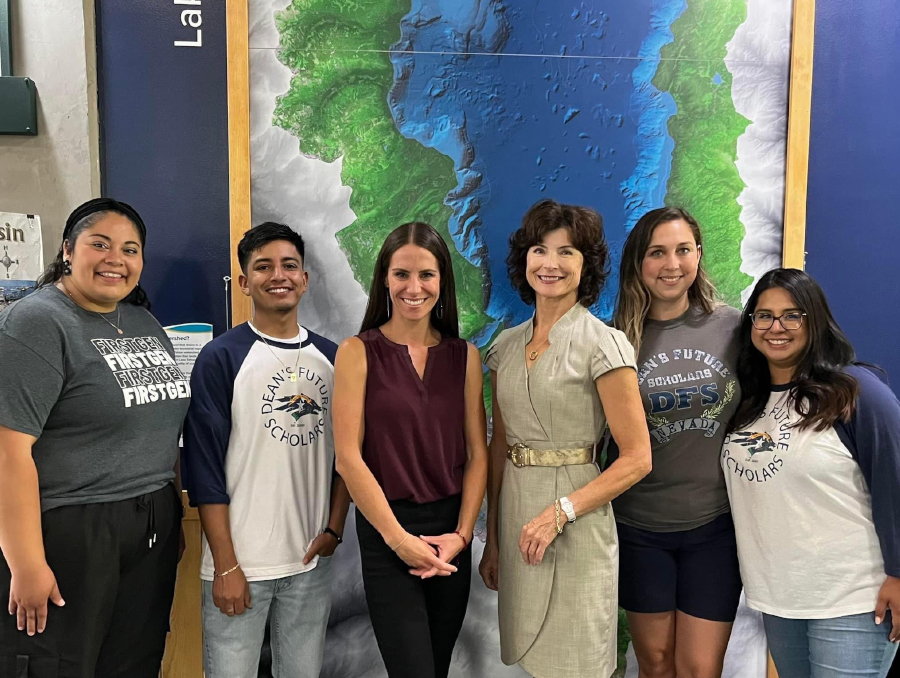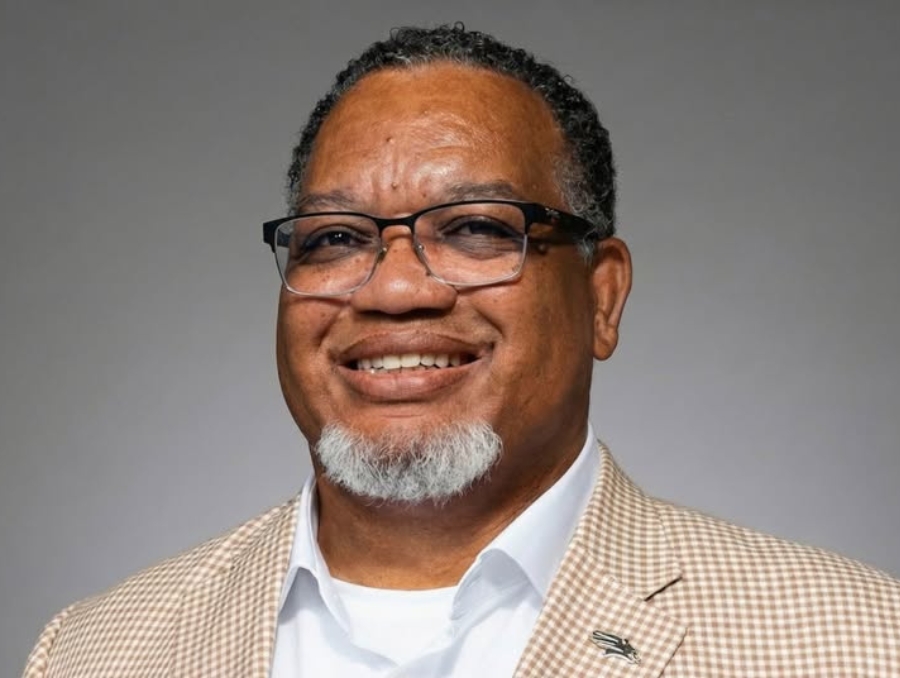The Nevada First-Gen Network (NFGN) micro-grant program strives to improve educational outcomes and alleviate the effects of COVID-19 on prospective first-generation college students by dispersing $2.5 million to programs and initiatives throughout the State of Nevada.
Through Nevada Senate Bill No. 461, sponsored by Senator Heidi Seevers Gansert, the NFGN team has conducted a state-wide needs assessment that has identified over 80 existing programs and initiatives throughout urban and rural Nevada that address and reduce learning loss, as well as promote critical support services that are centered on mentorship, tutoring, and providing access to food and technology. Organizations can apply for up to $150,000.
The term "first-generation college student" has varying definitions within different settings. The NFGN team is working to bring awareness to this important student population and to promote a definition commonly used in higher education, which identifies first-generation college students as individuals where neither parent or guardian has received a bachelor's degree from an institution in the U.S.
As a first-generation college student herself, Senator Heidi Seevers Gansert also understands that low-income families often face barriers surrounding unemployment, food insecurity, unreliable transportation, challenges with childcare, and access to healthcare, which can make accessing educational opportunities even more difficult.
"Nevada is in need of support for our first-generation college students, particularly those who come from families with limited opportunities," Donald Easton-Brooks, Ph.D., Dean of the College of Education and Human Development, said. "Our Dean's Future Scholars program and its vast success in Northern Nevada is a phenomenal model that simply cannot be replicated, which is why Senator Heidi Seevers Gansert's support means so much to our college and the future of Nevada's first-generation college students."
The concept of NFGN was developed by Mariluz Garcia, Ph.D., in an effort to embody an important core value of the Dean's Future Scholars program, which empowers first-generation college students to give back to their community.
Garcia stated, "I am a first-generation college student who grew up in rural Nevada, so it was important for me to shine the light on the important work that is taking place in all 17 Nevada counties and to find a way to share resources, best practices, and promote collaboration."
Garcia's dream was realized in 2021 when she was able to launch NFGN, a "first-gen network built by first-gen students." In addition to conducting the state-wide needs assessment, presenting at conferences, and overseeing the micro-grant program, the NFGN team has provided direct services and outreach in different geographic locations, including a summer program for low-income, first-generation college students in Incline Village.
During 2022, the NFGN team met with more than 80 programs throughout the state to gather data and found that programs serving first-generation college students are struggling with rising costs, the retention of employees, as well as issues related to limited transportation, physical space to operate, and program capacity.
The NFGN team also found common themes amongst students throughout the state who report struggling with food insecurity, the digital divide, the rising cost of living, and other factors that make the idea of college seem out of reach.
The NFGN micro-grant program has dedicated 62% of the overall budget to disperse funds to target the highest areas of need throughout the state and allow prospective first-generation college students to directly benefit from the existing programs in their own neighborhoods. Ultimately, the infusion of dollars back into the communities hardest hit by COVID-19 will promote educational opportunities and upward social mobility for Nevada families.
Garcia stated, "The goal of the NFGN micro-grant program is not only to make a large-scale investment in supporting first-generation college students, but to help break down the silos that often exist between higher education, the K-12 system, and non-profit organizations in efforts to improve the overall quality of life for all Nevadans."
The NFGN's micro-grant program will provide reimbursements for work performed and costs incurred by programs or organizations throughout Nevada during the time period of July 1, 2021 to December 31, 2024.
Applicants must:
- Assist pupils who are in grade 6 through post-secondary education.
- Serve prospective or current first-generation college students.
- Serve students who have been negatively or disparately impacted by the COVID-19 pandemic in Nevada.
As defined in Nevada Senate Bill No. 461, the disbursement of funds must be used to provide support and services related to one or more of the following:
- Mentoring
- Tutoring
- Access to technology
- Access to food
- Activities or programming to reduce learning loss caused or exacerbated by the COVID-19 pandemic
Eligible organizations are encouraged to apply for the micro-grant.
















